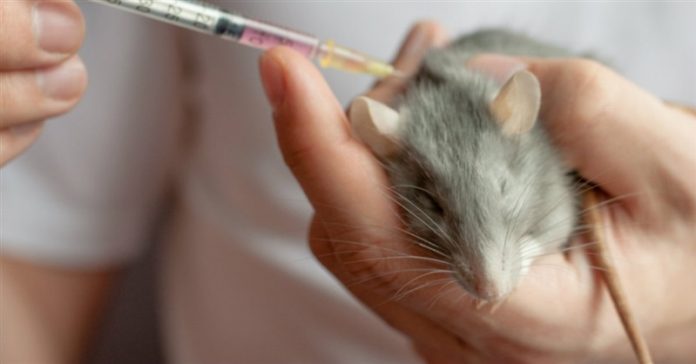Just four short years ago, scientists first learned how to coax human embryonic stem cells to grow into a mass of brain cells called brain organoids. Like all embryonic research, the endeavors required the killing of human embryos. Now, secular science, undaunted by the destruction of human life, faces another ethical hurdle—research with the organoids is exploding, and some of the studies involve implanting human brain cells into rodents.
The clumps of cells are tiny, about the size of a lentil or an unborn baby at six weeks of gestation, but they pulse with the same kind of electrical energy that stimulates actual brains, they spawn new brain cells, and they develop the six layers of the cortex, the brain region that controls thought, speech, judgment, and other advanced functions, STAT News reported. Researchers hope doctors eventually will use the organoids to treat brain injury, stroke, schizophrenia, and autism.
But the whirlwind advances in these experiments place researchers in a quandary: Is it ethically right to implant human brain cells in an animal and, if so, how far should they be allowed to develop? It is entirely new ground, and “the science is advancing so rapidly, the ethics can’t keep up,” said Christof Koch, president of the Allen Institute for Brain Science in Seattle.
Researchers have already conducted numerous studies involving human brain organoids, 21 of which were…
… Read More
Click here to read the rest of the story from our content source/partners – Christian Headlines.



